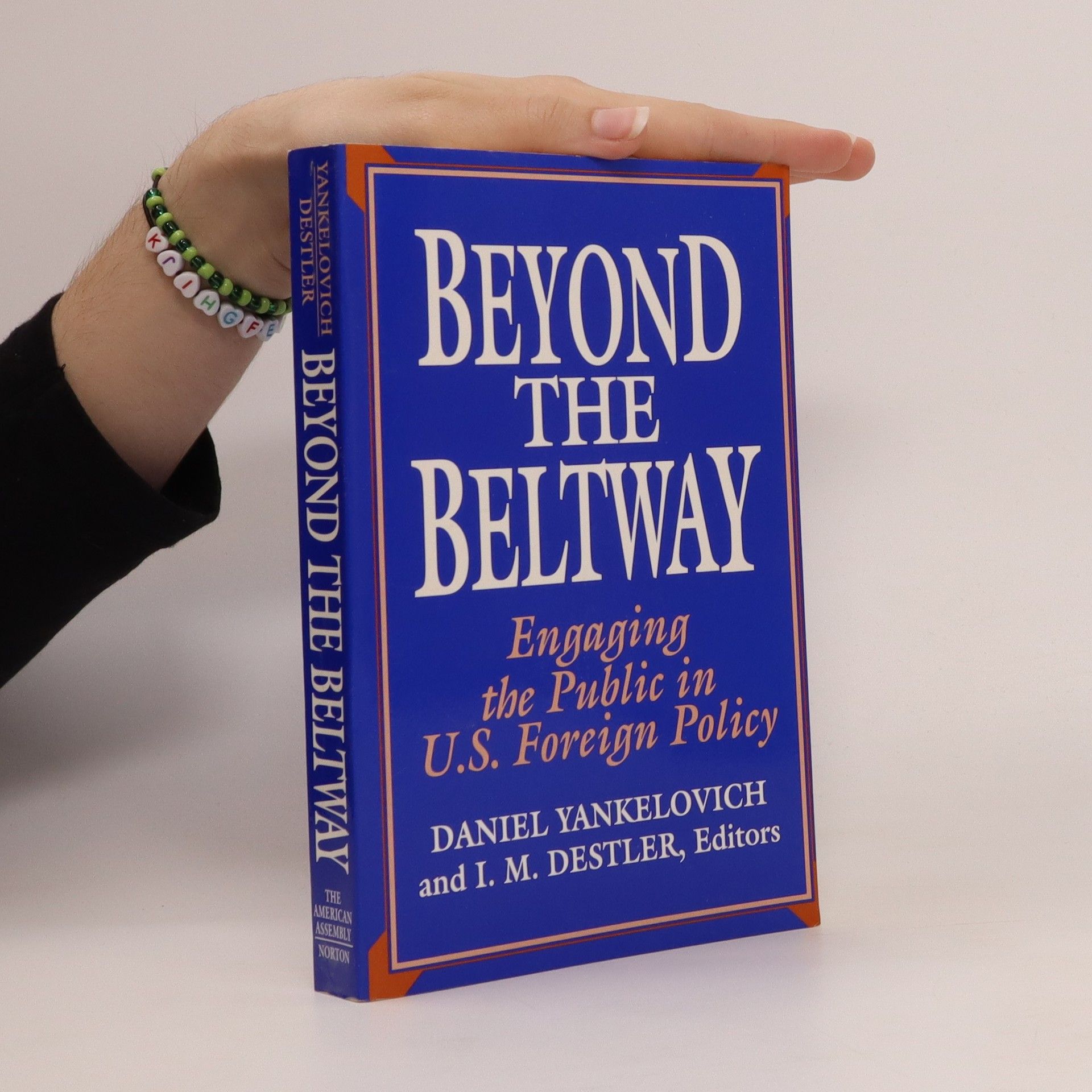Parameter
- 316 Seiten
- 12 Lesestunden
Mehr zum Buch
With the end of the Cold War and the election of Bill Clinton as president, anxiety about America's economic future has replaced foreign affairs as the country's main concern. The United States needs to redefine its national security in terms of a strong domestic policy. But will this lead to a new isolationism that would weaken American ties to the world? In the absence of the stable public consensus that supported an anti-Communist foreign policy, U.S. leaders will need to forge a more direct dialogue with a skeptical public on which U.S. foreign interests they deem vital. In this new climate, how can American policy makers adapt to broaden public support for a strong foreign policy? In this collection of original essays, sponsored by the American Assembly, some of the nation's leading experts on foreign affairs assess the problem of building public involvement in foreign policy in the post-superpower era. Included is Daniel Yankelovich's and John Immerwahr's influential rendering of how to influence public opinion through a series of phased campaigns.
Buchkauf
Beyond the beltway : engaging the public in U.S. foreign policy, Daniel Yankelovich, I. M. Destler
- Sprache
- Erscheinungsdatum
- 1994
- product-detail.submit-box.info.binding
- (Paperback)
Keiner hat bisher bewertet.
